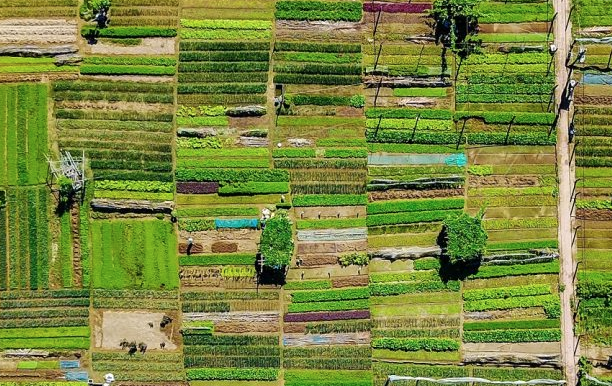Paths to Food Security
Global Food Security Symposium 2019 addresses the challenges and strategies to achieving global food security

Global population growth, increased water scarcity, stressed food systems, competition over resources—the consequences of inefficient land and water use are already manifesting, and we must act now to correct our course. As a global community, resource efficiency can satisfy the demand for water and food for years to come, even with the projected growth of our population, but this is only possible if we coordinate effectively. This was the sobering theme at this year’s Global Food Security Symposium 2019 hosted by The Chicago Council on Global Affairs.
The event brought together experts and stakeholders to review promising strategies for achieving global food security. Issues related to water scarcity, private-sector engagement, and the role of smallholder farmers emerged as the dominate themes. A pervasive tension around the urgency for immediate action could be felt—the stakes could not be any higher. Global water scarcity, for example, must be addressed. It goes without saying that clean water is our lifeblood. We are running out of it. This is the thrust of the new report released by The Chicago Council on Global Affairs, From Scarcity to Security: Managing Water for a Nutritious Food Future.
The report features water scarcity and its impact on global food security. By 2050, the population is expected to increase to 9.8 billion, with 86 percent living in low-income regions and 70 percent in rapidly growing urban areas. Expanding access to irrigation can increase both agricultural productivity and climate resilience. With the potential for severe economic, political, and humanitarian consequences, water management is an issue that demands immediate action.

